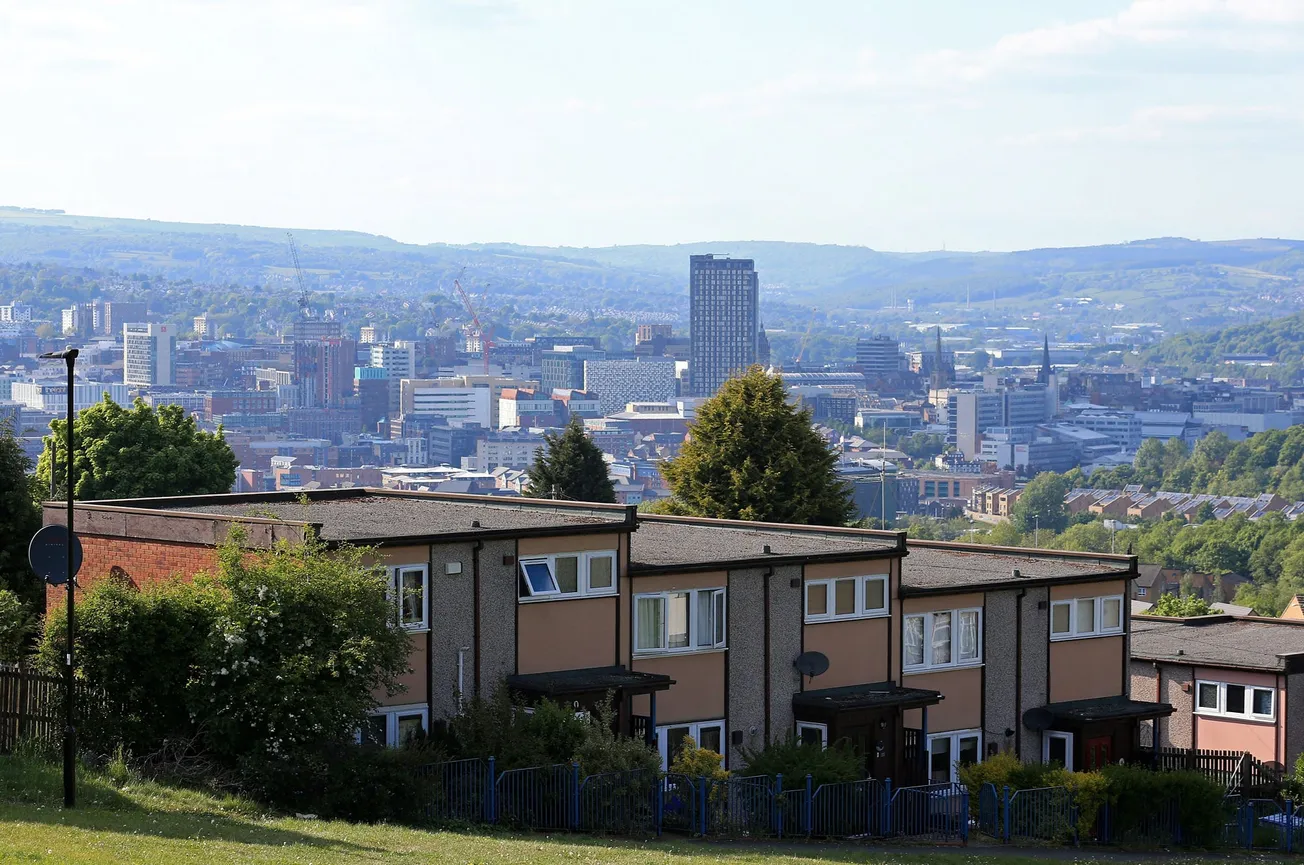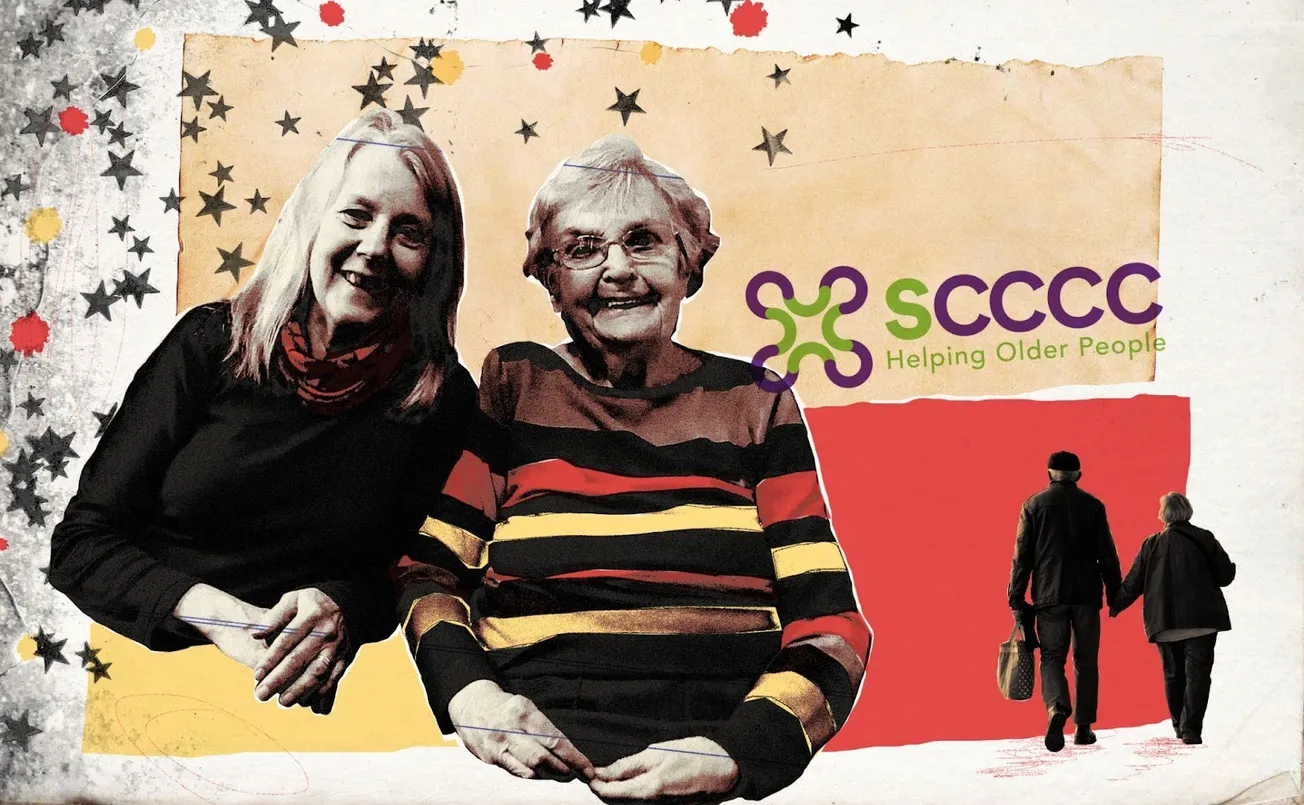Good afternoon members — and welcome to Thursday’s Tribune.
I still can’t believe it’s almost 2023. It seems only five minutes ago that the 2012 London Olympics took place and not that much longer since we all celebrated the dawn of the new millennium. As you get older, years seem to whizz past faster and faster and we will be welcoming in the 2030s before we know it. But Sheffield has an important milestone to hit by that date: to become a carbon neutral “Net Zero” city. Today we look at what Sheffield needs to do to reach its ambitious climate goals and whether it has any chance of achieving them.
Editor’s note: This edition is written for our members but non-members are also being sent the first section. The Tribune is entirely funded by our members and we still need many more subscriptions to become a news source that can serve Sheffield for years to come. Join us as a paid member today to get the full story below and all our members-only journalism.
Our media picks
🚲 A good update on The Star website by our regular contributor David Bocking looks at South Yorkshire’s search for a new active travel commissioner, six months after Dame Sarah Storey left the role. South Yorkshire Mayor Oliver Coppard says his team are still working through a shortlist, with the authority hoping that a “high-profile” person can be tempted to take on the job. He added that a new commissioner should be announced early next year.
⚛️ Four years ago, the New Statesman published a long read about Threads, the Sheffield atomic bomb film that traumatised a generation. Now, at a time when the nuclear threat is bigger than it has been in decades, the piece has been made into a standalone podcast. Writer Jude Rogers talks about the impact the movie had in the 1980s, along with its animated counterpart, When the Wind Blows. You can read the original piece on the website here.
🌊 Sheffield’s waterways have been a huge part of its history — but they can also be incredibly destructive. Now, the Sheffield and Rotherham Wildlife Trust has created this brilliant film about the city’s long relationship with its rivers and flooding. Featuring friend of The Tribune Ron Clayton, the film looks at the three major flooding events the city has seen — 1864, 2007 and 2019 — as well as more recent attempts to mitigate the damage they cause.
Things to do
🧵 Returning to the Millennium Gallery for its eighth year on Friday evening is Craft Jam. The event will feature demonstrations, hands-on activities, mini-workshops and a licensed bar. Workshops include bunting, glass painting, willow weaving, jewellery making, metal embossing, papercraft and wire working, while there will also be drop-in activities on clay wheel, printing, zine making, leather work, crochet, macrame and badge making. Tickets are £10.
🧛 On at the Abbeydale Picture House this Saturday and Sunday is a weekend of Hammer House of Horror films chosen by Reel Steel. On Saturday, 19 November, the historic cinema will be showing The Plague of the Zombies (1966) and The Devil Rides Out (1968), while on Sunday, 20 November, The Gorgon (1964) and Dracula: Prince of Darkness (1966) will be screened. A free exhibition of Hammer film posters will also be on each day from 12pm-4pm.
🎄 Some may say it’s too early but Christmas officially begins tomorrow in Sheffield. The Big Wheel is now in place on The Moor and the Christmas markets and bars will open on Friday. The lights switch on will take place on Sunday from 2pm to 6.30pm, when the city centre will be full of street entertainers, choirs, a fairground, dance, pantomime and of course some special guests to switch on the lights. A firework display will follow the switch on at 6.30pm.

Mission impossible: Can Sheffield get to Net Zero by 2030?
If I’m going to a conference about climate change, I should really cycle there, shouldn’t I? However, when it’s time for me to leave on Wednesday morning at 9am, it’s absolutely bucketing it down. After umming and ahhing for some time I finally bite the bullet and grudgingly set off on my bike, the short ride from Park Hill flats to St Mary’s Church on Bramall Lane taking me about 10 minutes. By the time I get there I’m drenched.
I can’t find a stand to lock my bike to so I do what everyone else seems to have done: lock it to one of the benches outside the church. Perhaps unsurprisingly given the nature of the conference, there are plenty of cycles outside. I’ve been invited here to attend a Sheffield City Council organised event entitled “Working together to tackle climate change and build a sustainable future for Sheffield”. Inside I grab a warming coffee and dry myself off.
Wil Stewart, the council’s new director of investment, climate change and planning, tells us the session is about thinking about “the art of the possible”. The conference has brought together people from a wide range of sectors including government, education, business, the voluntary sector and faith groups to plan a course to meet Net Zero.
Also there is Sheffield’s director of public health Greg Fell who talks about the profound impact climate change is likely to have on people in our city. However, he adds that while we can all do our bit to combat climate change, too much focus on individual responsibility can let government and industry off the hook. Maybe I needn’t have cycled down after all.

The room is split up into nine tables covering different subject areas: housing and buildings, business and economy, health and wellbeing, transport, skills, community connections, nature and food, communications and influence and energy. I sit initially on the transport table, where I smugly tell people I’ve cycled down.
Each table is asked to draw a map of Sheffield and mark on it things that are making a positive contribution to Net Zero, as well as things that are problems. On the transport map we mark as positives the tram network, the train station, new “active neighbourhoods” in Nether Edge and Crookes and the growing network of cycle paths across the city.
But there are also issues: the M1 motorway and the pollution it causes, Northern General Hospital’s poor transport links and the lack of secure bike parking in the city centre. Some items we mark down aren’t easy to categorise as positive or negative. The train station, for example, is a good example of more sustainable transport, but the track still isn't electrified meaning the trains that service it are all diesel vehicles.
After the transport table I move on to nature and food. Here, positives include the brilliant work done by organic farms like Regather, the wildlife trust’s amazing flood prevention schemes on the hills above Sheffield and the revolutionary Grey to Green project in the city centre. But working against these environmental efforts are the regular fires set by grouse farmers.

The exercise is a neat way of making a serious issue a lot more fun. While the room is busy making an incomprehensible mess on our rudimentary maps with a dizzying array of coloured pens, we’re also asked to think about a name we can give to the city’s collective effort to reach carbon neutrality in just seven years’ time. “Mission impossible,” I hear one delegate suggest. “No, we can’t call it that,” whispers another.
I would assume that “mission impossible” was suggested as a joke. But like all good jokes, it contains a kernel of truth. Despite all the good work taking place in Sheffield, we are still a long way behind where we need to be. To achieve our fair share of the goals set out in the landmark Paris climate agreement of 2015, Sheffield must stay within a maximum cumulative carbon dioxide “emissions budget” of 15.2 million tonnes for the period of 2020 to 2100. Yes, you read that right. 2100. As a result of international agreements the UK has signed up to, each local authority in the country has a finite amount of carbon it can use for the rest of the century. Essentially for the rest of time.
However, if we take CO2 emission levels from 2017 as a benchmark, Sheffield will exceed this recommended limit by 2027 — just over four years away. If we are to stay within it, from 2020 onwards, we will need to achieve average reductions in emissions of 12.3% a year. In the first two years of the 2020s, we have fallen a long way short of meeting that target.
A 10-point plan agreed last year by Sheffield City Council’s Labour and Green co-operative executive set out in detail where the carbon we produce a city comes from. While the council bears most of the responsibility for meeting our carbon targets, they actually only produce 7% of the emissions, 90% of which comes from the 38,000 council houses they own.

Sheffield deserves great journalism. You can help make it happen.
You're halfway there, the rest of the story is behind this paywall. Join the Tribune for full access to local news that matters, just £8.95/month.
SubscribeAlready have an account? Sign In
Comments
How to comment:
If you are already a member,
click here to sign in
and leave a comment.
If you aren't a member,
sign up here
to be able to leave a comment.
To add your photo, click here to create a profile on Gravatar.







